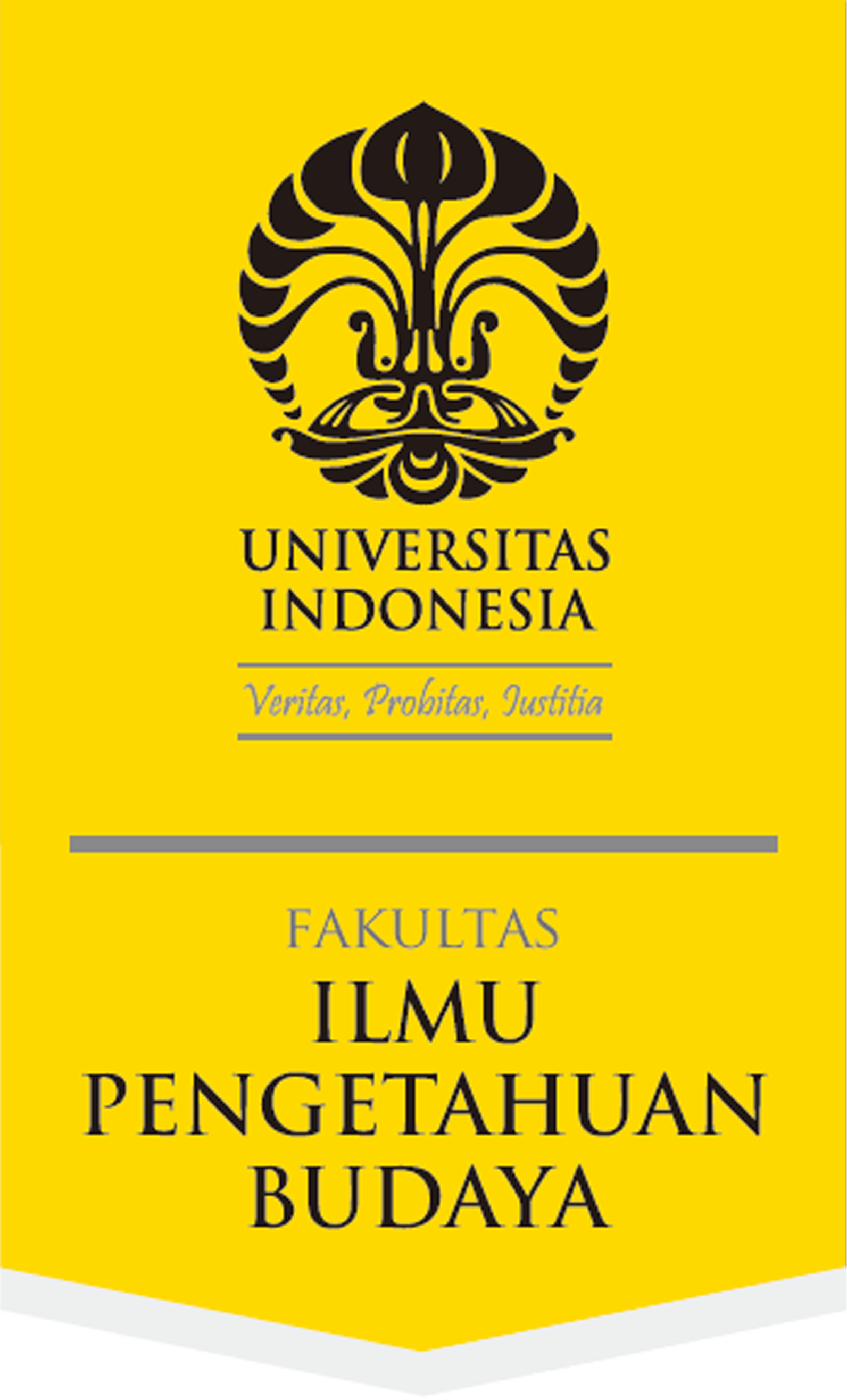Abstract
This article deals with the transnational relations between Moluccans in the Netherlands and the Moluccas. Former Moluccan colonial soldiers and their families were forced to go to the Netherlands because of political developments in Indonesia after the transfer of sovereignty in 1949. They hoped to return soon to an independent South Moluccan Republic but, more than seventy years later, they still live in the Netherlands. This article first describes how and why Moluccans came to the Netherlands and began to build a community. At the very beginning, the foundations for a transnational relationship were laid through village-based organizations and political organizations. After decades living in exile, the political dimension of the transnational relation assumed great prominence for most Moluccans, later to make place for a more varied transnational relation. The political ideal changed and its priority on the Moluccan “public agenda” dropped until in 1999 a new conflict flared up in the Moluccas. A renewed, altered political transnational relation emerged. The transnational relationship also simultaneously developed in more diverse ways, via development projects, cultural exchange, and the like. By this time, the position of Moluccans in the Moluccas in this transnational relation had also changed.
References
Bartels, D. 1990. Ambon is op Schiphol; Socialisatie, identiteitsontwikkeling en emancipatie bij Molukkers in Nederland. Leiden/Utrecht: COMT/IWM.
Bootsma, P. 2015. De Molukse acties; Treinkapingen en gijzelingen 1970-1978, Amsterdam: Boom.
Bosscher, D. and B. Waaldijk. 1985. Ambon eer & schuld; Politiek en pressie rond de Republiek Zuid-Molukken. Weesp: Van Holkema & Warendorf.
Buchheim, Eveline, Ody Dwicahyo, Fridus Steijlen, and Stephanie Welvaart. 2022. Sporen vol betekenis. In gesprek met “Getuigen & Tijdgenoten” over de Indonesische onafhankelijkheidsoorlog / Meniti Arti. Bertukar makna bersama “Saksi & Rekan Sezamen” tentang perang kemerdekaan Indonesia. Amsterdam: AUP; Jakarta: Yayasan Pustaka Obor Indonesia.
Chauvel, R. 1980. “Ambon’s other half; Some preliminary observations on Ambonese Moslem society and history”, Review of Indonesian and Malayan Affairs (June): 40-80.
Chauvel, Richard. 1990. Nationalists, soldiers and separatists; The Ambonese islands from colonialism to revolt 1880-1950. Leiden: KITLV Press.
Hazelhoff, Lieke. 2019. Building bridges between the Netherlands and the Moluccas; Development Projects in the Transnational Relations between the Netherlands and the Moluccas. Master thesis, Universiteit van Amsterdam.
Heshusius, C.A. 1978. KNIL cavalerie 1914-1950; Geschiedenis van de cavalerie en pantsertroepen van het Koninklijk Nederland-Indische Leger (KNIL). Den Haag: Koninklijke Landmacht, Sectie Krijgsgeschiedenis.
IJzereef, W. 1984. De Zuid-Celebes affaire; Kapitein Westerling en de standrechtelijke executies, Dieren: De Bataafsche Leeuw.
Masnun, Leolita. 2022. Contentious politics in a remote area of the Moluccan Archipelago, Indonesia. PhD thesis, Vrije Universiteit Amsterdam.
Mee, Tonny van der and Domingo Tomasouw. 2005. Andere verhalen. Molukkers in Nederland met een andere aankomstgeschiedenis of beroepsachtergrond dan de KNIL-groep van 1951. Utrecht: Moluks Historisch Museum.
Metiarij, Mellie. 2021. Gedwongen reis, mijn vader dominee S. Metiarij. Assen: Koninklijke Ven Gorkum.
Oostindie, Gert and Fridus Steijlen. 2021. “Ethnic ‘Ferociousness’ in Colonial Wars; Moluccans in the Dutch Army in Indonesia, 1945-1949”, Bijdragen tot de Taal-, Land- en Volkenkunde 177: 491-523.
Penonton, Bung (Pseud. G. Knot). 1977. De Zuidmolukse Republiek, Amsterdam: Buijten & Schipperheijn
Redactieteam Gedenkboek. 1989. 35 jaar Geredja Indjili Maluku; “Een wonderbaarlijke spijziging”. Utrecht: GIM.
Rela’69. 1982. Verslag van een identificatiereis 1981. Amsterdam: Rela’69.
Siahaya, Tete. 2016. Het mystieke Driestromengebied van de Tala, Eti en Sapalewa (Tiga Batang Air). Tiga Batang Air.
Siahaya, Tete. 2019. Iko Beta 15.07.2017>15.02.2019. Tiga Batang Air.
Smeets, Henk and Fridus Steijlen. 2006. In Nederland gebleven. De geschiedenis van de Molukkers 1951-2006. Amsterdam: Bert Bakker/MHM.
Steijlen, Fridus. 1996a. RMS: van ideaal tot symbool; Moluks nationalisme in Nederland 1951-1994. Amsterdam: Spinhuis.
Steijlen, Fridus. 1996b. “Hostage-taking actions by Moluccans in the Netherlands”, Ethnos-Nation 4-4: 97-111.
Steijlen, Fridus. 2000. “The making of the Vrije Molukse Jongeren”, in: NRC Handelsblad, 16 september.
Steijlen, Fridus. 2001a. Kerusuhan; Het misverstand over de Molukse onrust. Utrecht: Forum.
Steijlen, Fridus. 2001b. “To talk them out is to talk them out is to shoot them out is to ...; A critical analysis of ‘the Dutch approach’ to Moluccan terrorists”, Netherlands’ Journal of Social Sciences 37(1): 38-51.
Steijlen, Fridus. 2005. “Penanda lama untuk ideologi baru, RMS dan konflik Maluku”, in: Jamil Gunawan, Sutoro Eko Yunato, Anton Birowo, and Bambang Purwanto (eds), Desentralisasi, globalisasi dan demokrasi lokal, pp. 97-116. Jakarta: LP3ES.
Steijlen, Fridus. 2010. “Moluccans in the Netherlands; From exile to migrant”, Review of Indonesian and Malaysian Affairs 44-1: 143-162.
Steijlen, Fridus. 2015. “In and out of uniform; Moluccan soldiers in the Dutch colonial army”, in: Eric Storm and Ali Al Tuma (eds), Colonial soldiers in Europe, 1914-1945; “Aliens in unifor” in wartime societies, pp. 229-240. London: Routledge.
Steijlen, Fridus. 2022. “Pembungkaman kebebasan berbicara, jarak yang membatasi Maluku, 1951-2021”. [Forthcoming.]
Wigard, Nanneke. 2022. “De veelzijdige Yopi Abraham”, Marinjo No. 6: 22-24.
Wigard, Nanneke and Jim Worung. 2021. Ombak Maluku. Molukkers ongewild naar Nederland. Stichting Ombak Maluku/MalukuXperience.
Wittermans, T. 1955. “Het begrip communicatie-basis bij de analyse van communicatie-problemen”, Mens en Maatschappij 30(6): 372-389.
Wittermans, T. 1991. Social organisation among Ambonese refugees in Holland. Amsterdam: Het Spinhuis.
Recommended Citation
Steijlen, Fridus
(2022)
"Searching transnational relations between Moluccans in the Netherlands and the Moluccas,"
Wacana, Journal of the Humanities of Indonesia: Vol. 23:
No.
3, Article 3.
DOI: 10.17510/wacana.v23i3.1002
Available at:
https://scholarhub.ui.ac.id/wacana/vol23/iss3/3









